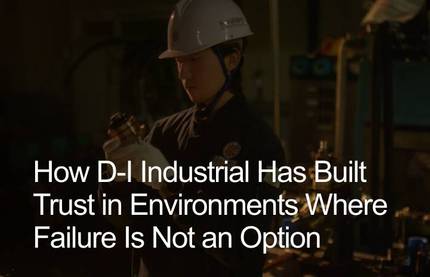Bright future for Bunkering at Indian Ports
Hinode’s 5th Annual conference on the Outlook for bunkering and Marine Lubricants in India clearly acknowledged the fact that India was well on its way to becoming a Bunkering destination. Lack of infrastructure, duties, quality of bunkers, etc., were issues now in the process of getting resolved and the government was actively engaged in putting necessary infrastructure in place. With the evolving scenario speakers at the conference agreed that ample opportunities exists for players to make it big in the bunkering business.
The conference drew record participation with a wide response not just from India but also from South East Asia, Middle East and Far East and other countries. Significantly, the organizers who generally focus on providing ample time for Question and Answers session accommodated the barrage of queries that got raised by extending the period of time. Remarkably the net working continued far beyond the time limited for the tea/coffee sessions and lunch breaks.
There were protracted deliberations on the Indian Bunkering scenario and the bottlenecks and the opportunities that exist. What has kept India from becoming a great bunkering destination was an issue that drew great interest resulting in prolonged discussion. No doubt there exist key challenges in fuel quality management but bunker sales at Indian ports was picking up in leaps and bounds.
Ashish Khanna. Chief Manager of Marine Sales for Hindustan Petroleum Corporation Ltd pointed out that LNG bunkering existed at Cochin port but infrastructure for bunkering was lacking at various port expect Mundra port. But the scenario is soon set to change as widespread infrastructural development was underway at a hectic pace. “But pricing needed to be streamlined,” he said. “Besides, some logistic issues were prevalent such as old barges required replacement.”
The session on Legal and Claims turned out to be most interesting with discussions focusing on recent issues that hit the headlines including that of OW Bunkers going bust. The Law Firm of George A. Rebello represented by Vimal and Vividh went at lengths to explain the case of OW Bunkers that was featured in the courts of England, Canada, Australia and India and the basis on which the judgments were passed.
They advised various players in the field to keep in mind the following points:-
• Do not directly write (email) to the charterer if you know that the charterer is the party who has placed the order;
• Do not write to the ship owner asking for payment due to you. Make a direct demand.
• Have a clause in the BDN that the supply is subject to your terms and conditions.
• Do not give the bunker trader any credit period, i.e. any lawful right to consume. May not make business sense;
• Ask to see the bunker trader’s contract with ship owner. Try and insert a clause - “The terms and condition of the contract are subject to variations in circumstances were the physical supply of the fuel is being undertaken by the third party. In said circumstances, the terms of the contract are varied and the buyer shall be deemed to have read and accepted the terms and conditions imposed by the third party seller”.
Capt Amol Deshmukh Head of Marine Claims and Insurance, Celestial Meridian Shipping Pvt Ltd highlighted the various malpractices prevailing in the bunkering trade. He pointed out the importance of keeping check on quality, the quantity of bunkers supplied. He cautioned participants about the various Bunker claims that bunker suppliers often faced and so with ship owners.
As was indicated by Manoj Tandon, General Manager of Adani Bunkering Pvt Ltd and others, once pricing and the additional taxes and other charges are resolved and the infrastructure is in place there is no doubt that bunkering in Indian ports would go up. It was also noted that the bunker cost at Cochin differed from that of Singapore by mere $10 to $ 15 while Colombo it was much higher. Bunkering in India was set to boom.














